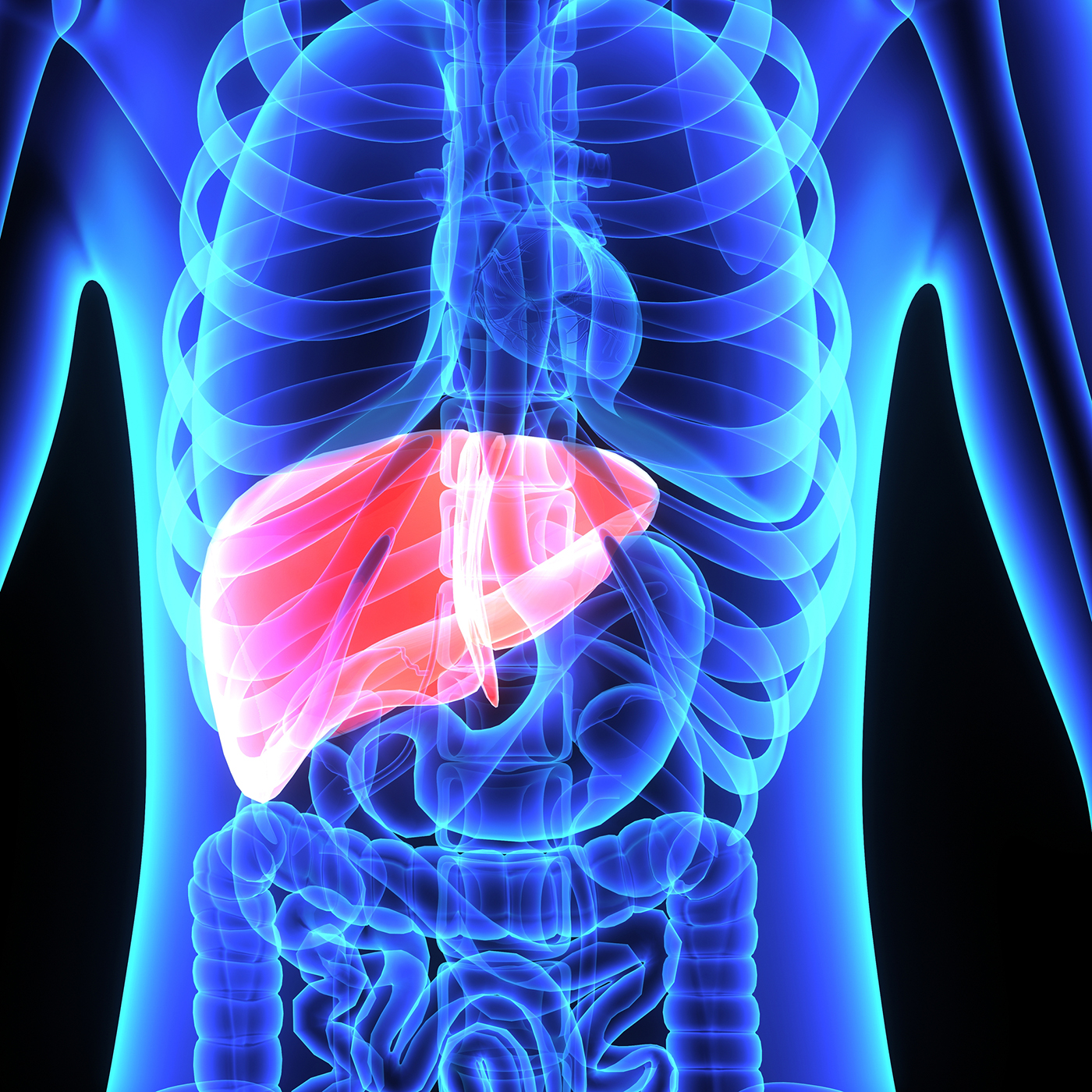EU regulator recommends Intercept's potential liver blockbuster

Intercept’s rare liver disease drug, Ocalivia, has bee recommended by European regulators, paving the way for launch of what is predicted to be the biggest-selling drug approved this year.
Already approved for primary biliary cholangitis (PBC) in the US in May, Ocaliva (obeticholic acid) is now likely to be approved in Europe as well, following the recommendation from the CHMP scientific committee.
Thomson Reuters' report into drugs to watch in 2016 forecasts that sales of Ocaliva could reach 2.6 billion by 2020.
Intercept is also developing obeticholic acid to treat nonalcoholic steatohepatitis (NASH), a liver disease targeted by other pipeline drugs from the likes of Gilead and Shire.
It is the first new drug approved to treat the disease for around two decades, and has only one competitor, ursodeoxycholic acid (UDCA), which is available generically.
But Intercept noted a substantial percentage of patients treated with UDCA continue to experience persistence elevations above the upper limit of normal in the serum marker alkaline phosphatase.
This corresponds with increased risk of liver failure, the need for liver transplant and death. They also face the risk of experiencing adverse outcomes when bilirubin levels are elevated.
Intercept noted that total bilirubin levels, even within the normal range, have been shown to predict clinical outcomes in PBC.
David Jones, professor of liver immunology at Newcastle University and Consultant Hepatologist at Newcastle upon Tyne Hospitals Trust, said PBC, although rare, remains one of the most common indications for liver transplant among women in Europe.
Quoted in Intercept’s statement, he added: "There is substantial unmet need in this disease and a real urgency around the need for new therapies to help the many PBC patients who are either intolerant of the single existing approved therapy ursodeoxycholic acid or don't respond to it sufficiently to protect their livers and prevent the development of cirrhosis and the need for transplant."
The CHMP’s recommendation is for a conditional approval, meaning Intercept will have to renew this marketing authorisation each year until it can provide data to confirm the drug’s benefit.
The committee's positive opinion will now be passed to the European Commission, which will make a regulatory decision in the coming weeks.











